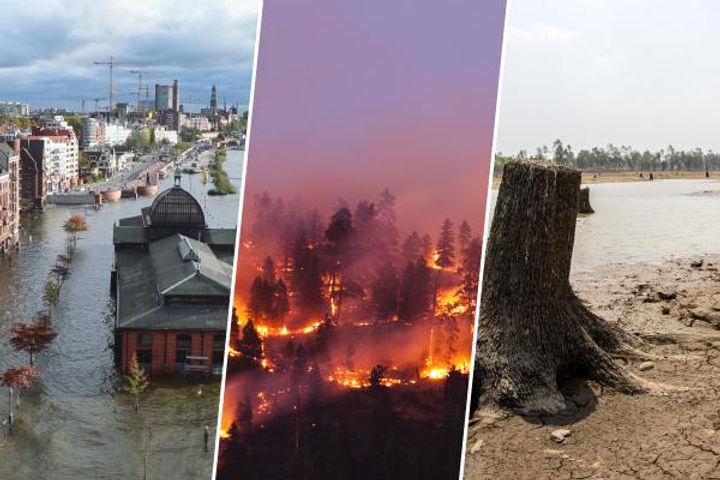By: Daniel Deng
Climate change is no longer a distant threat but an alarming reality with far-reaching consequences. Among the most vulnerable areas facing the direct impacts of this global crisis are coastal communities. Rising sea levels, increased frequency and intensity of storms, and coastal erosion pose significant challenges to the sustainability and survival of these regions. This article explores the pressing issue of climate change and its profound effects on coastal communities, highlighting the urgent need for adaptation and mitigation strategies.
One of the most immediate and visible effects of climate change on coastal areas is the rise in sea levels. As temperatures continue to climb, glaciers and polar ice caps melt, causing the ocean levels to steadily increase. This rise poses a direct threat to low-lying coastal communities, resulting in increased coastal flooding, saltwater intrusion, and the loss of valuable land. Small island nations and densely populated coastal cities are particularly susceptible, risking displacement and the loss of livelihoods for millions of people.
Climate change is fueling the intensification of storms and extreme weather events, with coastal areas bearing the brunt of their impact. Hurricanes, cyclones, and typhoons are becoming more frequent and stronger, causing devastating storm surges and widespread destruction. Coastal communities must contend with the immediate dangers posed by these events, as well as the long-term repercussions such as infrastructure damage, economic setbacks, and the displacement of residents.
The erosion of coastal land and the subsequent loss of natural habitats is another consequence of climate change. Rising sea levels and increased storm activity contribute to the degradation of beaches, cliffs, and marshlands. These ecosystems serve as vital buffers against coastal erosion, protecting inland areas from flooding and providing homes for diverse marine life. The loss of these habitats not only threatens the delicate balance of coastal ecosystems but also jeopardizes the livelihoods of communities reliant on fishing, tourism, and other coastal industries.
Coastal communities heavily rely on tourism, fishing, and other maritime industries for economic stability. However, the effects of climate change can disrupt these sectors, leading to economic hardships and job losses. Additionally, the increasing risks posed by coastal flooding and erosion can force communities to consider relocation, uprooting generations of residents and causing social and economic upheaval.
The consequences of climate change on coastal communities are becoming increasingly apparent and demand immediate action. Governments, policymakers, and communities must prioritize adaptation and mitigation strategies to protect vulnerable coastal regions. This includes implementing coastal defense measures, developing sustainable land-use practices, investing in renewable energy sources, and fostering community resilience. The fate of coastal communities, their ecosystems, and the millions of lives that depend on them hangs in the balance. Only through concerted global efforts can we mitigate the impacts of climate change and secure a sustainable future for these invaluable coastal regions.











